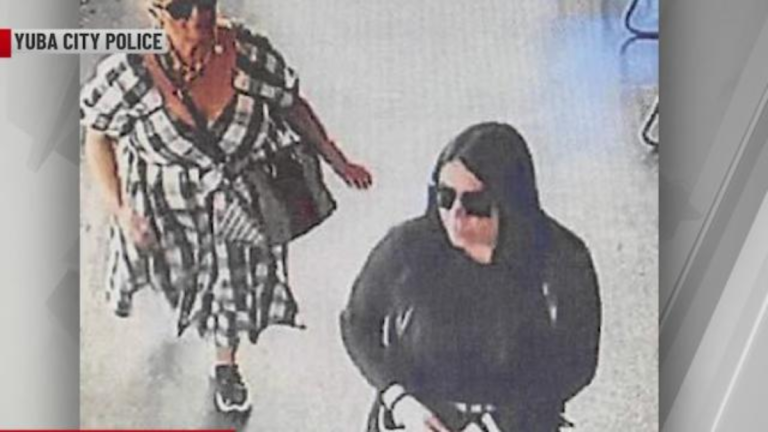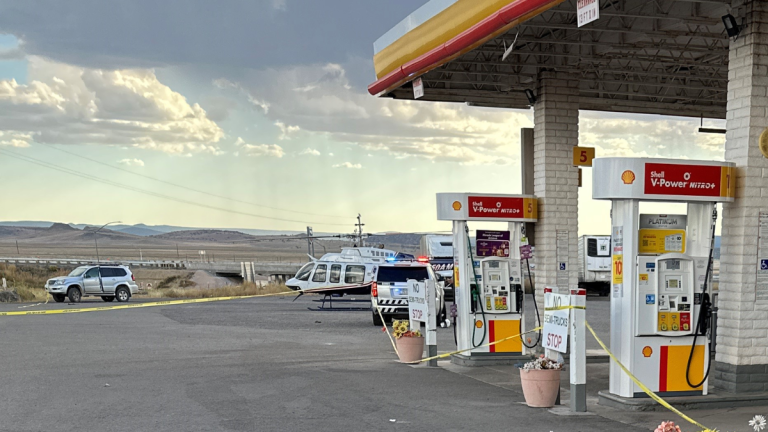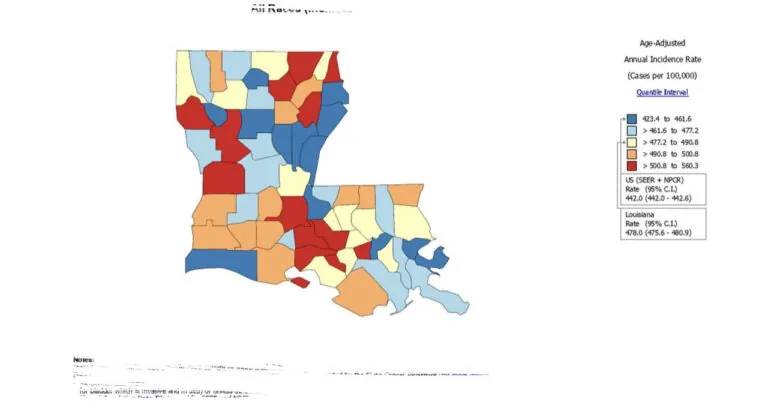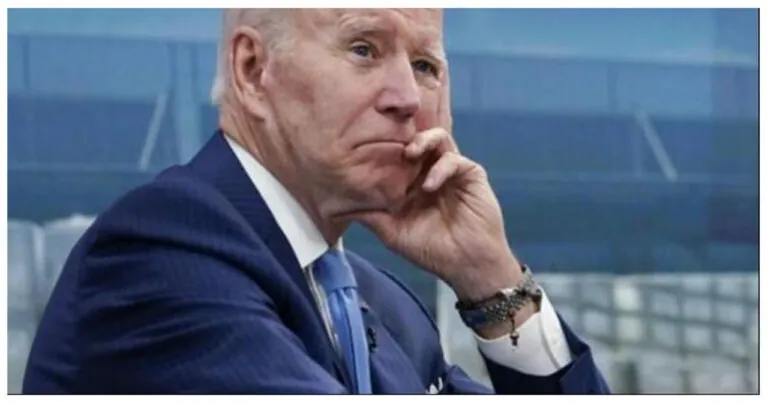New York Senate Committees Jointly Hold Hearing to Address Challenges in the State’s Marijuana Legalization Rollout
The Senate committee on marijuana in New York recently conducted its inaugural meeting, where attendees listened to testimony from witnesses and deliberated on plausible legislative measures to address the persisting challenges in implementing the state’s cannabis legalization.
In April, the Senate Cannabis Subcommittee, led by Sen. Jeremy Cooney (D), was formed, and recently, they called for applications from the public to testify at the hearing.
During the hearing session, Cooney emphasized the significance of stakeholders’ participation in the adult-use retail cannabis industry. The main objective of the hearing was to provide a platform for all the stakeholders to share their concerns and offer their valuable feedback on the current cannabis landscape. This approach would help foster a more equitable and thriving recreational adult-use cannabis marketplace in New York. Cooney’s opening remarks set the tone for a constructive discussion and highlighted the importance of feedback from all stakeholders.
The hearing that took place on Monday was a collaborative effort between the Senate Agriculture, Finance, and Investigations & Government Operations Committees, with their respective chairs in attendance.
During the panel hearings, Chris Alexander, the executive director of the state’s Office of Cannabis Management (OCM), along with other officials from the OCM, provided their testimonies.
During a recent interview, Alexander highlighted the efforts made by regulators to tackle issues related to the legalization of cannabis in New York. However, he acknowledged that the delays caused by litigation, which have temporarily halted licensing initiatives, have had a noteworthy impact on the adult-use cannabis supply chain in the state.
According to him, the current situation has hit small farmers hard, leaving them with no options to sell their produce and causing them to suffer from severe financial difficulties and uncertainty. He further added that there is still a lot of work to be done before the supply chain can function as it was intended to.
You can tune in to the video below to watch the marijuana hearing by the New York Senate committee. The hearing is scheduled to take place on October 30, 2023, and will examine various issues related to the market for marijuana in the state of New York. Don’t miss out on this informative session!
Watch the Marijuana Hearing of the New York Senate Committee in the Video Below:
According to Michelle Hinchey, who chairs the Senate Agriculture Committee, the supply chain problem has been a cause for concern among lawmakers. She revealed that they have been raising the alarm on the issue since the middle of the legislative session earlier this year. Unfortunately, the response to the crisis from those in charge has been almost non-existent. This has left cannabis farmers in a difficult position.
During our conversation, Hinchey emphasized a specific piece of legislation that is currently waiting for the governor’s approval, the Cannabis Crop Rescue Act. This act would enable licensed marijuana producers to sell their products to tribal retailers, which she believes is an excellent example of how the legislature is actively working towards resolving the issue.
During the discussion, legislators and regulators addressed a range of important issues related to the cannabis industry in the state. These included the implementation of a THC potency tax, measures to combat the illicit market, distribution priorities for licensing, preventing underage access to cannabis, and laboratory testing practices.
Representatives from various government agencies were called upon to provide testimony during the hearing. These included members of the Cannabis Advisory Board, Dormitory Authority of the State of New York (DASNY), New York State Department of Taxation & Finance, New York City Council, and the New York City Sheriff’s Office.
During a recent discussion, Charlie Williams, the vice president of DASNY, talked about the measures his department has taken to aid implementation efforts by providing funding for the construction of compliant storefronts for retail licensees. He emphasized the department’s focus on supporting social equity businesses. However, Williams also acknowledged that the progress was hindered due to licensing litigation and changes in local zoning policies, which significantly slowed them down.
During a recent hearing, the DASNY representative was bombarded with inquiries from legislators who expressed their dissatisfaction with the prolonged proceedings and the department’s efforts to secure equity funding to fulfill its goals. Although the legislature has allocated some funds for the initiatives, Williams admitted that the obstacles in obtaining equity funding, along with the litigation-related setbacks, have impeded the department’s ability to execute a comprehensive build-out, leaving them in a bind of having to sign leases without making significant progress.
During a discussion on how to crack down on unlicensed retailers, Amanda Hiller, the acting tax commissioner and general counsel of the Department of Taxation & Finance, suggested that it might be necessary to revisit the idea of imposing criminal penalties on those who openly violate cannabis laws. She acknowledged that the department’s current lack of resources has allowed bad actors to take advantage, making it imperative to take action to reduce their presence.
Representatives from various organizations, including the Cannabis Association of New York (CANY), New York Farm Bureau, New York Cannabis Retail Association, Bronx Defenders, Local 338 RWDSU-UFCW, and Drug Policy Alliance, also took the stage to speak.
During the panel discussion, CANY’s Allan Gandelman emphasized the importance of addressing certain critical challenges faced by the cannabis industry. Specifically, he urged lawmakers to ease the stringent marketing and advertising regulations imposed on small cannabis businesses and to prevent the industry from being monopolized. These issues are crucial for the growth and sustainability of the sector, and their resolution will pave the way for a more equitable and vibrant cannabis market.
According to him, the current regulations are hindering dispensaries from marketing and advertising in their own neighborhoods. This is causing significant issues, particularly in areas where unlicensed retailers are prevalent.
In addition, according to Gandelman, it is crucial that we consider how we distribute the canopy so that there is sufficient electricity supply for years to come. “We have to look at how we allocate canopy so there’s enough current supply for years to come,” he emphasized.
According to the speaker, the market is currently being dominated by a handful of large companies that have significantly more growing space than the next size license. This practice is causing a supply issue and is not supportive of small farms and businesses who took the risk of entering the market over the last 18 months. It is essential to find ways to provide relief and support to these entities that are struggling on a daily basis.
During the hearing, The New York Farm Bureau expressed their support for SB 4831, a bill proposed by the committee chairman. They emphasized that the bill would provide a much-needed solution by implementing a fairer tax collection method that would greatly benefit farmers. The organization highlighted this as one of their main concerns and commended the efforts of the committee in addressing it.
The concerns regarding the potential for businesses to vertically integrate were also raised by the representative. They emphasized the need to address the issue of ensuring that farmers are not edged out of the market, as has occurred in other states where larger organizations have taken over. It is important to find a way to prevent this from happening and maintain a fair and competitive marketplace for all involved parties.
During the hearing, lawmakers had the opportunity to listen to various cannabis businesses, including both large multi-state operators like Columbia Care and Acreage Holdings, as well as smaller equity operators such as Housing Works. Their perspectives and insights shed light on the unique challenges and opportunities faced by cannabis businesses of all sizes.
In total, there are 37 witnesses who have been invited to speak across 13 different panels.
The New York cannabis program has faced mounting frustrations lately as regulators strive to establish a market that prioritizes social equity by granting conditional licenses to individuals who have been most affected by prohibition. Unfortunately, progress has been slow, and illicit cannabis businesses have sprung up in the meantime. Adding to the complexity of the issue, lawsuits have put a temporary halt on cannabis licensing, exacerbating the situation further.
Last month, Cooney expressed his commitment to collaborating with the governor and state agencies to achieve our common objectives. He emphasized the importance of transparency in government actions to the people of New York, who deserve to know what has been accomplished so far.
During an interview with Marijuana Moment, Cooney emphasized that the upcoming hearing with the Senate Subcommittee on Cannabis is intended to primarily gather information and facts. The goal of the hearing is to identify public policy needs and potential legislation. Cooney stressed the importance of conducting the hearing this fall, before the Albany convenes, to ensure timely action. The 12-member Senate Subcommittee on Cannabis will be leading the hearing.
The legal market is expanding quickly and regulators are taking steps to make it accessible to a wider audience. However, some of these moves have sparked controversy. For instance, the state Cannabis Control Board (CCB) recently made a change that will allow big businesses from outside the state and existing medical marijuana companies to apply for retail licenses, along with all other applicants. This decision has been met with strong opposition from social equity applicants who feel that it undermines the state’s goal of prioritizing small businesses and those owned by individuals who have been most affected by prohibition.
Expanding the scope of those who can participate in New York’s burgeoning marijuana market has the potential to accelerate the establishment of legal businesses, especially in areas like New York City, where unlicensed retailers have become increasingly common. Despite the state’s decision to legalize adult-use marijuana in 2021, the number of licensed retailers operating statewide remains relatively small, with only around 24 currently in operation.
Marijuana Moment is keeping tabs on over 1,000 cannabis, psychedelics, and drug policy bills in state legislatures and Congress this year. For Patreon supporters who pledge a minimum of $25 per month, they can access our interactive maps, charts, and hearing calendar to ensure that they stay informed about the latest developments. Our marijuana bill tracker is an excellent resource, and you can learn more about it and become a supporter on Patreon to gain access.
More News:







